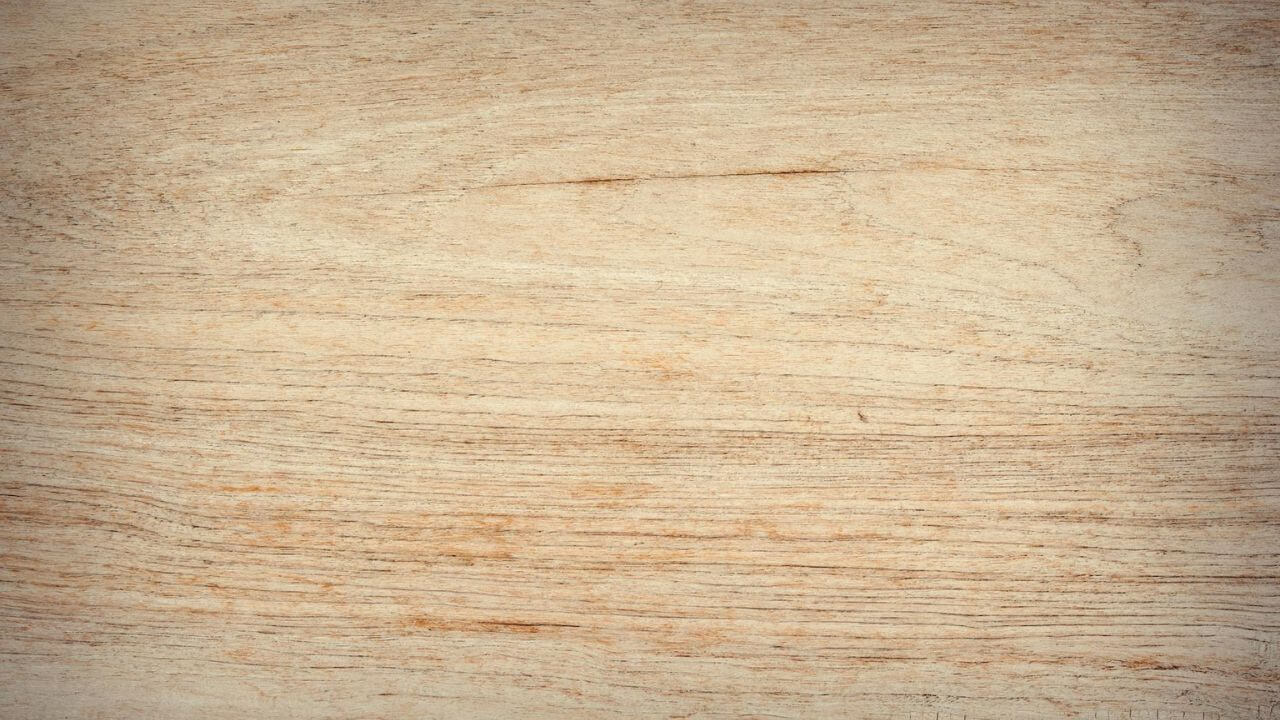If you’ve been shopping for furniture, flooring, or crafting materials, you’ve likely come across birch wood. Its versatility and appealing grain pattern make it a popular choice, but you might wonder: Is birch a hardwood or a softwood? This question is more than just semantics—it impacts birch’s durability, applications, and overall performance in various settings.
Birch wood is a staple in woodworking and design, admired for its smooth grain and versatility. From sleek modern furniture to durable flooring, birch is everywhere. But when choosing the right wood for your project, knowing whether birch is a hardwood or softwood is crucial. Let’s break it down.
Is Birch a Hardwood?
Yes, birch is classified as a hardwood. Its origin from deciduous trees firmly places it in this category. Despite being a hardwood, birch is relatively lightweight and easy to work with, making it a favorite for both professionals and hobbyists.
Common Types of Birch
- Yellow Birch (Betula alleghaniensis): Known for its pale color with a hint of yellow and reddish-brown heartwood.
- White Birch (Betula papyrifera): Often called paper birch, it features a lighter, almost white appearance.
- Sweet Birch (Betula lenta): Has a darker tone, often used in cabinetry and furniture.
- Silver Birch (Betula pendula): Popular in European markets for its elegant appearance.
What Defines Hardwood and Softwood?
Botanical Differences
The distinction between hardwood and softwood isn’t about the wood’s density or strength, as many believe. Instead, it’s a botanical classification:
- Hardwoods come from deciduous trees that shed their leaves annually.
- Softwoods originate from coniferous trees, which typically have needles and cones.
Birch trees, being deciduous, fall under the hardwood category, even if some hardwoods may be softer than certain softwoods.
Impact on Properties
Hardwoods like birch generally offer greater durability and resistance to wear. This makes them ideal for furniture, flooring, and cabinetry, where strength and longevity are important.
Characteristics of Birch Wood
Physical Properties
- Grain and Texture: Birch features a straight, fine grain that gives it a smooth finish when sanded and polished.
- Color: Typically light in color, ranging from creamy white to pale yellow, with occasional reddish hues.
- Density: While not as dense as oak or maple, birch is sturdy enough to withstand heavy use.
Comparison with Other Hardwoods
Birch is slightly softer than oak but harder than poplar, making it a middle-ground choice. It offers good shock resistance, making it suitable for flooring and furniture.
Strength and Durability
Birch has a Janka hardness rating of around 1260 (for yellow birch), which is similar to maple. This makes it a reliable option for most applications requiring moderate strength.
Hardwood or Softwood: Why Does It Matter?
Understanding whether birch is a hardwood or softwood helps determine its suitability for different projects. For instance:
- Hardwood Advantages: Ideal for high-traffic areas like flooring or heavily used furniture.
- Maintenance Needs: Hardwoods, including birch, require regular cleaning and occasional refinishing to maintain their beauty.
Conclusion
Birch is undoubtedly a hardwood, offering an excellent combination of affordability, durability, and visual appeal. Its versatility makes it a go-to choice for furniture, flooring, and crafts. Whether you’re upgrading your home or starting a DIY project, birch wood is a dependable and stylish option.
FAQs
1. What makes birch different from other hardwoods?
Birch is lighter in color and less expensive than many other hardwoods. Its smooth grain and affordability make it highly versatile.
2. Is birch wood expensive?
No, birch is generally more affordable than premium hardwoods like cherry, walnut, or oak.
3. How durable is birch compared to oak or maple?
While not as hard as oak, birch is comparable to maple and provides good durability for most uses.
4. Can birch be used outdoors?
Birch is not ideal for outdoor use unless sealed and protected, as it’s prone to moisture damage.
5. What is the best finish for birch wood?
A clear polyurethane or lacquer finish enhances birch’s natural color and provides long-lasting protection.

